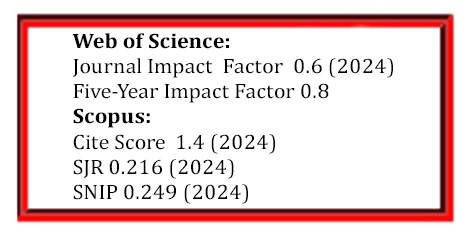Structure and Ionic Conductivity of Ga and Nb Dual Doped LLZO Synthesized by Sol-Gel Method
DOI:
https://doi.org/10.5755/j02.ms.34240Keywords:
solid state electrolyte, dual doped, conductivity, Sol gelAbstract
More and more attention has been focused on Li7La3Zr2O12 (LLZO) because of the high ionic conductivity and excellent chemical stability. It is great significance to find suitable dopants for locking cubic LLZO and improving the conductivity of Li+ ions. The uniform nano powder can be obtained by the sol gel synthetic method, which is conducive to maintaining high sintering activity. In this work, Ga and Nb dual doped LLZO solid electrolyte powders were synthesized via sol gel method, and Ga and Nb dual doped LLZO solid electrolyte ceramic were obtained via traditional solid state sintering method. The phase and microstructure of Ga and Nb co-doped LLZO solid electrolyte were analyzed by combine X-ray diffraction with scanning electron microscope. The impedance of Ga and Nb dual doped LLZO (Li6.8-3xGaxLa3Zr1.8Nb0.2O12 (0≤x≤0.3)) solid electrolyte was measured by the electrochemical workstation, and then the conductivity was calculated. The results show that when the doping amount of Ga is x=0.2, it is a pure cubic LLZO structure with the highest conductivity value of 3.7×10-4 S cm-1 (tested at room temperature) due to the sample has a high relative density and reaches the optimal Li+ vacancy concentration.
Downloads
Published
Issue
Section
License
The copyrights for articles in this journal are retained by the author(s), with first publication rights granted to the journal. By virtue of their appearance in this open-access journal, articles are free to use with proper attribution in educational and other non-commercial settings.



